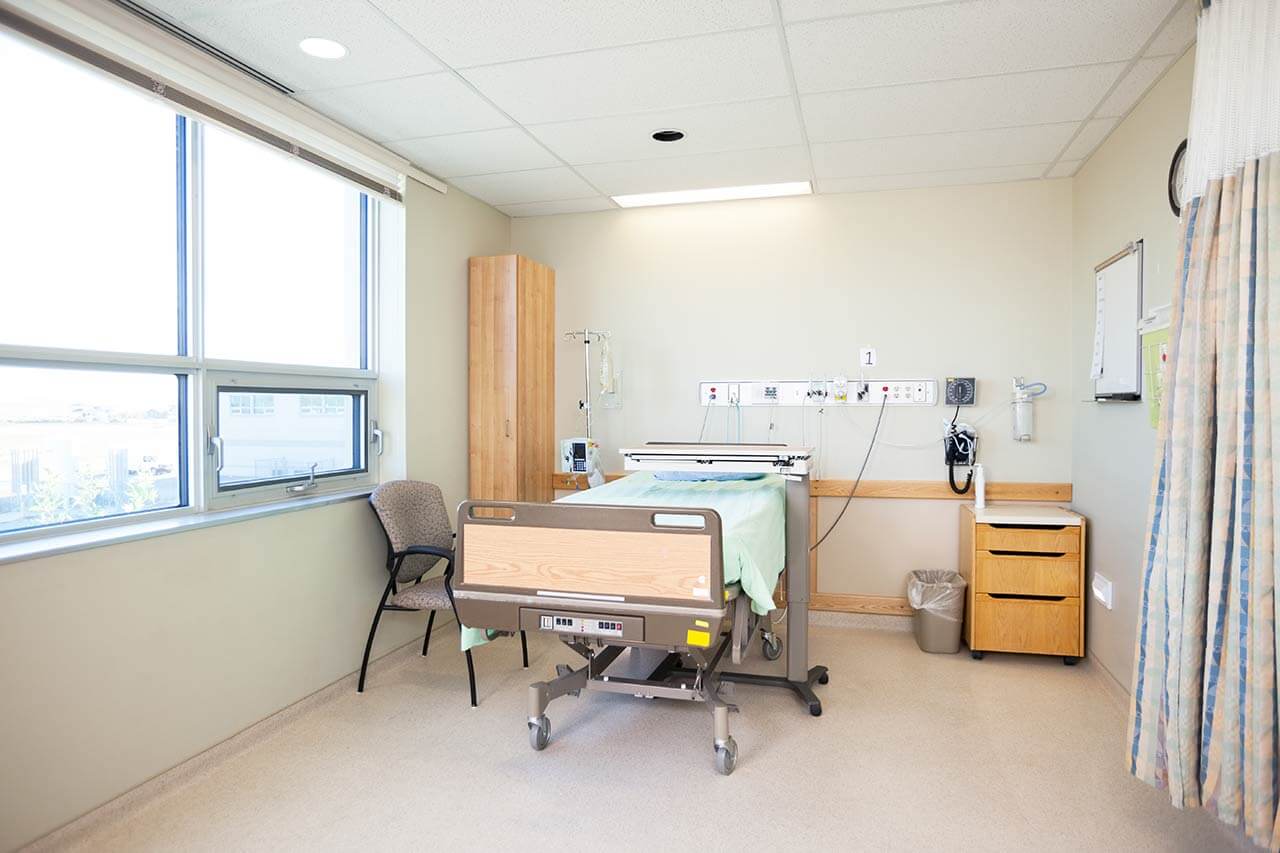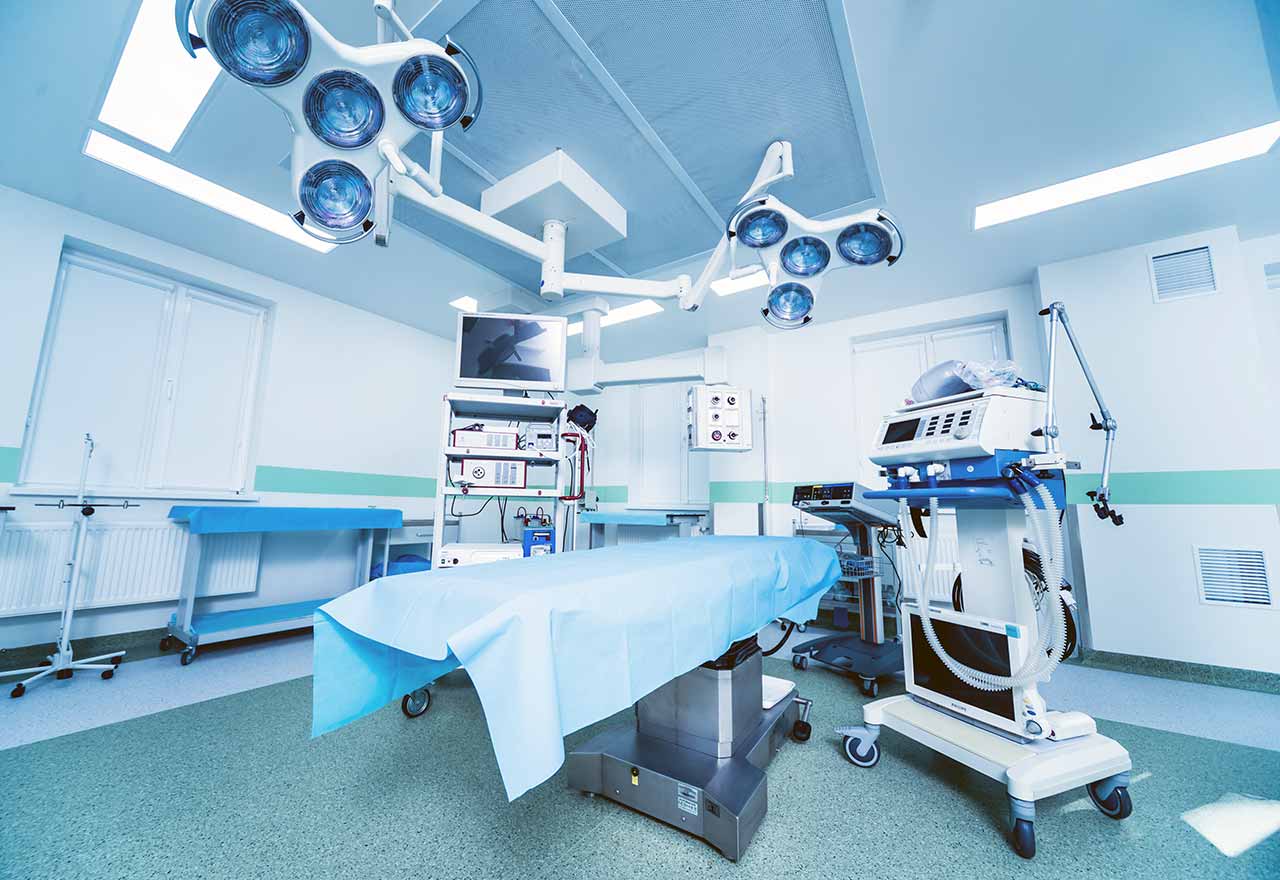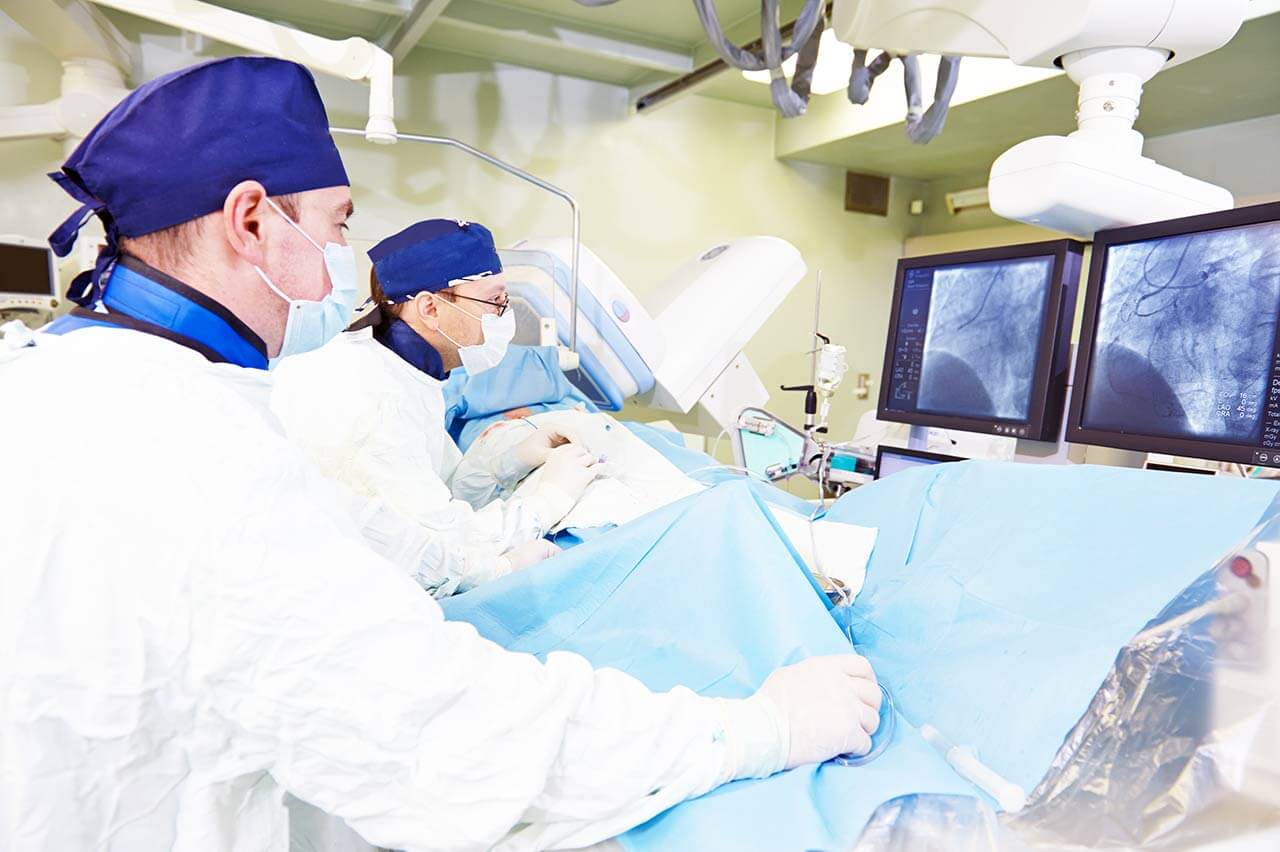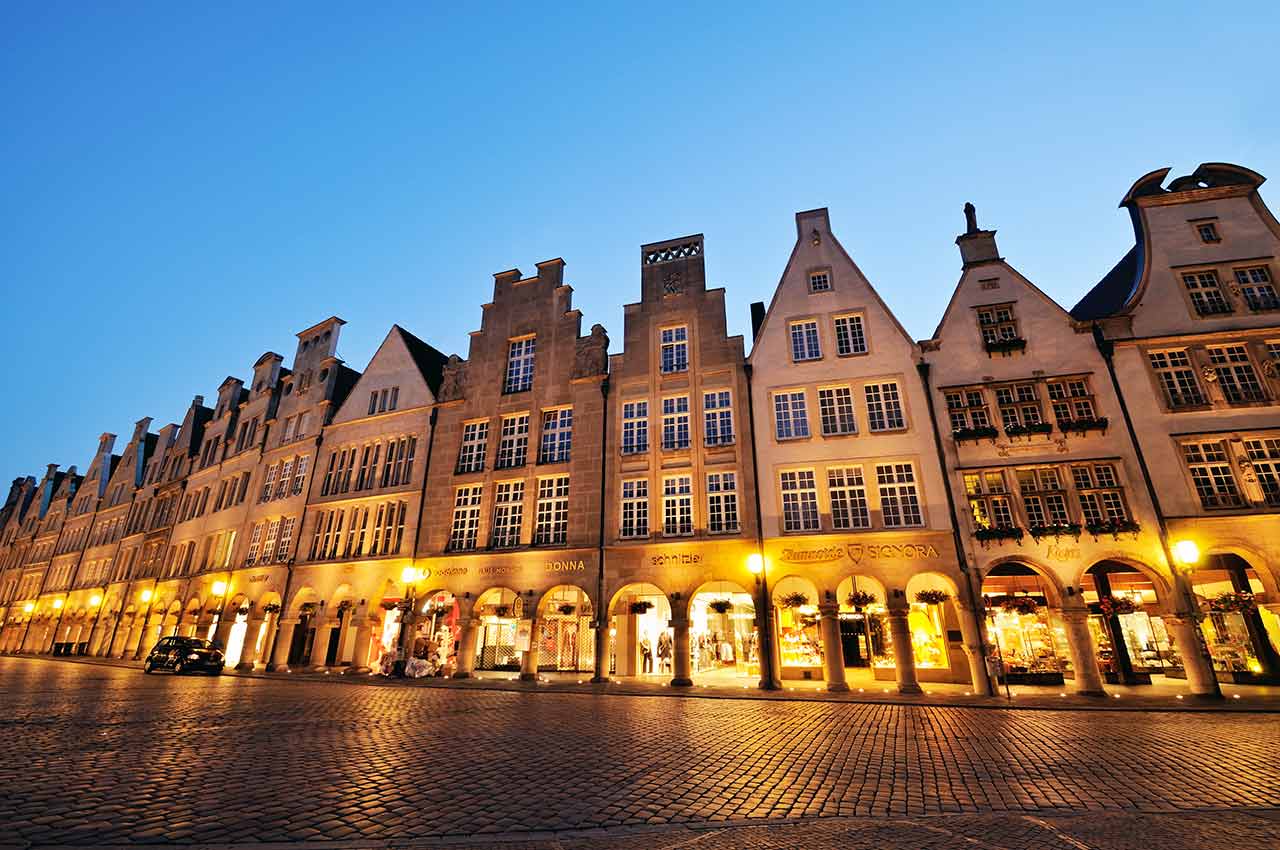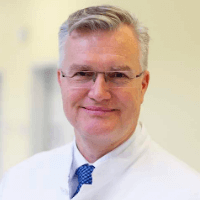
The program includes:
- Initial presentation in the clinic
- clinical history taking
- review of medical records
- physical examination
- laboratory tests:
- complete blood count
- biochemical analysis of blood
- Lipid metabolism (HDL/LDL, cholesterol,
triglycerides Lip(a), homocysteine) - blood coagulation analysis (aPTT, PT, INR)
- inflammation indicators (CRP, ESR)
- metabolic status (uric acid, total glucose, HbA1c)
- cardiovascular disease risk markers
- kidney function test (creatinine, urea)
- color doppler echocardiography
- color doppler sonography of cerebral and peripheral vessels
- duplex of abdominal aortic
- CT/ MRI-angiography of abdominal aortic
- preoperative care
- prosthetics of abdominal aortic aneurysm
- blood transfusions (if needed)
- 1-day intensive care unit stay
- symptomatic treatment
- control examinations
- the cost of essential medicines and materials
- nursing services
- full hospital accommodation
- developing of further guidance
Required documents
- Medical records
- Ultrasound scan, MR/CT-angiography (if available)
Service
You may also book:
 BookingHealth Price from:
BookingHealth Price from:
About the department
The Innovation Center for Endovascular Medicine at the St. Franziskus-Hospital Muenster offers the full range of highly effective treatment for any diseases of the arteries and veins. Of particular interest is the endovascular treatment of aortic aneurysm, carotid stenosis, occlusive peripheral arterial disease and varicose veins. The center is equipped with two high-tech hybrid operating rooms for endovascular treatment of vascular diseases, as well as one operating room for classical open vascular interventions. The treatment can be provided both on an inpatient and outpatient basis. The highly qualified doctors of the center treat more than 3,000 patients every year, and therefore they can boast of extensive clinical experience and excellent treatment success rates. The specialists of the medical center prefer a comprehensive and interdisciplinary approach to treatment, therefore, in appropriate clinical cases, radiologists, oncologists, cardiologists, cardiac surgeons, nephrologists and diabetologists are involved in the therapeutic process. In addition, each patient receives an individual treatment regimen corresponding to his needs and particular clinical indications. Such an approach guarantees high-quality results even in particularly complex clinical cases. The Chief Physician of the department is PD Dr. med. Martin Austermann.
The key specialization of the center is minimally invasive (endovascular) treatment of severe aortic diseases using modern endoprostheses, endovascular therapy of severe types of circulatory disorders in the lower and upper limbs, as well as various organs of the human body, endovascular treatment of diseases of the vessels supplying the brain. The competence of the medical center also includes shunt placement for dialysis access.
Since the key to successful treatment is high-precision diagnostics, the medical facility has powerful diagnostic options for the comprehensive assessment of the state of the vascular system in order to detect or exclude occlusive diseases of the arteries and veins, thromboses of the lower limbs, varicose veins, aortic aneurysms, circulatory disorders, diseases of the carotid artery and blood vessels supplying the brain, etc. For these purposes, the doctors of the center most often use such diagnostic tests as Doppler ultrasound, color duplex sonography, transcranial Doppler ultrasound, light reflection rheography, venous occlusion plethysmography, continuous wave Doppler ultrasound of supraaortic vessels, treadmill ergometry, measurement of transcutaneous partial pressure of oxygen (TcPO2) and others. Most of the diagnostic examinations are performed on an outpatient basis, and therefore the patient does not need a permanent stay at the medical center during the diagnostics. If the diagnostic results are unsatisfactory, the attending physician appoints the necessary set of therapeutic measures for the patient. The treatment of vascular diseases often requires a surgical intervention.
The operating rooms of the center, where the patients undergo treatment, are specially adapted for surgical procedures on arteries and veins. They are equipped with such modern systems as digital subtraction angiography, 3D rotational angiography device, which is indispensable for the diagnostics and treatment of aneurysms, and others. The operations are performed by experienced surgical teams, which necessarily include an endovascular surgeon, assistant surgeons, radiologists, specially trained nursing staff. The specialists of the center strictly adhere to the current clinical protocols, and therefore the risks of complications during the operation or after it are almost equal to zero.
It is worth noting that the doctors of the medical center were pioneers in Muenster and throughout Germany in performing a number of endovascular interventions. For example, the center performed the first endoprosthesis implantation for abdominal aortic aneurysm in Muenster in 1998. In 2009, the center became the first to perform the CAPTIVIA prosthesis implantation for aortic dissection, and in 2015 the endovascular surgeons of the center performed the world's first optical coherence tomography guided atherectomy. In 2003, the first hybrid operating room in Germany was opened at the Innovation Center for Endovascular Medicine at the St. Franziskus-Hospital Muenster. This is just a small number of the innovations that the specialists of the center have introduced into clinical practice.
The department's range of medical services includes:
- Diagnostic options
- Doppler ultrasonography
- Color duplex sonography
- Transcranial Doppler ultrasound
- Light reflection rheography
- Venous occlusion plethysmography
- Continuous wave Doppler ultrasound of supraaortic vessels
- Measurement of transcutaneous partial pressure of oxygen (TcPO2)
- Treadmill ergometry
- Digital subtraction angiography
- 3D rotational angiography
- Therapeutic options
- Aortic aneurysm treatment
- Endovascular interventions (stent placement)
- Classical open interventions
- Carotid artery stenosis treatment
- Endovascular interventions using a balloon catheter and a metal stent
- Classical open interventions
- Occlusive peripheral arterial disease treatment
- Endovascular interventions using balloon dilation and stent implantation, if required
- Classical open interventions
- Thromboendarterectomy (reconstructive intervention)
- Varicose vein treatment
- Sclerotherapy
- Laser therapy
- Stripping
- Endovascular interventions
- Aortic aneurysm treatment
- Other diagnostic and therapeutic procedures
Curriculum vitae
Higher Education and Professional Career
- 1989 - 1996 Study of Human Medicine at the Faculty of Medicine, Westphalian Wilhelm University of Muenster.
- 1995 - 1996 One-year practice at the hospital in Minden.
- 1996 -1998 Internship, Department of Internal Medicine II, Herford Hospital.
- 01.02.1998 Admission to medical practice and internship at the hospital in Guetersloh.
- 1998 - 2003 Physician in the Department of Surgery, focus on Vascular Surgery.
- 20.07.2002 Board certification in Surgery and the position of Assistant Physician.
- 2003 - 2007 Physician at the Innovation Center for Endovascular Medicine at the St. Franziskus-Hospital Muenster.
- 25.02.2006 Board certification in Vascular Surgery.
- 01.01.2007 Position of Senior Resident.
- 01.04.2007 Position of Senior Physician.
- 30.08.2008 Additional qualification in Phlebology.
- 2008 Internship in the Department of Cardiothoracic Surgery at the Cleveland Clinic.
- 24.10.2010 Specialization in Endovascular Medicine, German Society of Vascular Surgery. Senior Physician with management responsibilities and Head of the Section of Endovascular Treatment for Aortic Disorders.
- 2010 - 2020 Physician at the Innovation Center for Endovascular Medicine at the St. Franziskus-Hospital Muenster.
- Since 08.04.2010 Specialist in Radiation Protection, internship in the Department of Cardiothoracic Surgery at the Cleveland Clinic.
- 2010 and 2014 Internship, Department of Vascular and Endovascular Surgery, University of California, San Francisco.
- 28.02.2020 Head of the Innovation Center for Endovascular Medicine at the St. Franziskus-Hospital Muenster.
Memberships in Professional Societies
- German Society for Vascular Surgery.
- Professional Association of German Surgeons.
Photo of the doctor: (c) St. Franziskus-Hospital Münster
About hospital
The St. Franziskus-Hospital Muenster positions itself as a modern medical facility, the primary task of which is to provide patients with top-class medical care at the international level. The hospital is the medical center of the St. Francis Foundation in Munich, whose medical facilities annually provide treatment to more than 500,000 patients both on an inpatient and outpatient basis. The hospital has more than 160 years of history, so it can boast of a rich tradition of medical care and unique clinical experience that allows the medical facility to hold leading positions in the medical arena of Germany for decades. The clinical practice of the medical complex is based not only on the high professionalism of doctors and modern medical technologies, but also on the care of patients in accordance with Catholic principles. Both doctors and nursing staff in the hospital try to cooperate as closely as possible with their patients in order to be able to respond to their individual needs and support their patients on the way to recovery, because in many cases the therapeutic process is associated with many difficulties and worries, so it is not always easy for the patient to cope with them, especially alone.
The hospital represents almost all fields of modern medicine, including oncology, hematology, cardiology, gastroenterology, pulmonology, gynecology, general and abdominal surgery, vascular surgery, pediatric surgery, radiology, nuclear medicine and other branches of medicine. The medical team of the hospital consists of over 2,000 employees. The doctors are carefully selected, so only the best specialists with deep knowledge in their field of competence and rich clinical experience work here for the benefit of patients. The medical facility admits more than 31,000 inpatients and about 70,000 outpatients with pathologies of varying severity. The patients are provided with the highly effective treatment based on the use of the very latest achievements of modern European medicine.
The quality of the medical service provided at the hospital was awarded by many prestigious certificates – DIN EN ISO 9001 certificate, German Cancer Society certificate, SIEGEL Quality and Transparency EQS3 certificate and others. All these distinctions confirm the reputability of the hospital and guarantee that the health of patients is in the safe hands of true professionals.
Photo: (с) depositphotos
Accommodation in hospital
Patients rooms
The patients of the St. Franziskus-Hospital Muenster live in comfortable single and double rooms made in a modern design. The standard patient room furnishing includes an automatically adjustable bed, a bedside table, a wardrobe, a TV and a telephone. The patient rooms also have Wi-Fi. For maximum comfort of patients, each room has an ensuite bathroom with shower and toilet. The hospital also offers enhanced-comfort rooms with upholstered furniture, a small refrigerator, toiletries, towels and a bathrobe.
Meals and Menus
The patient and the accompanying person are offered tasty and balanced three meals a day. The menu also includes vegetarian dishes. If for some reason you do not eat all foods, you will be offered an individual menu. Please inform the medical staff about your food preferences prior to treatment.
The patients who live in enhanced-comfort rooms are provided with an individual menu, as well as cold soft drinks, tea, coffee, cakes and fresh fruits.
Further details
Standard rooms include:
Religion
The religious services can be provided upon request.
Accompanying person
During the inpatient program, the accompanying person can live with the patient in a patient room or a hotel of his choice. Our managers will help you choose the most suitable option.
Hotel
During an outpatient program, the patient can stay at the hotel of his choice. Our managers will help you choose the most suitable option.
